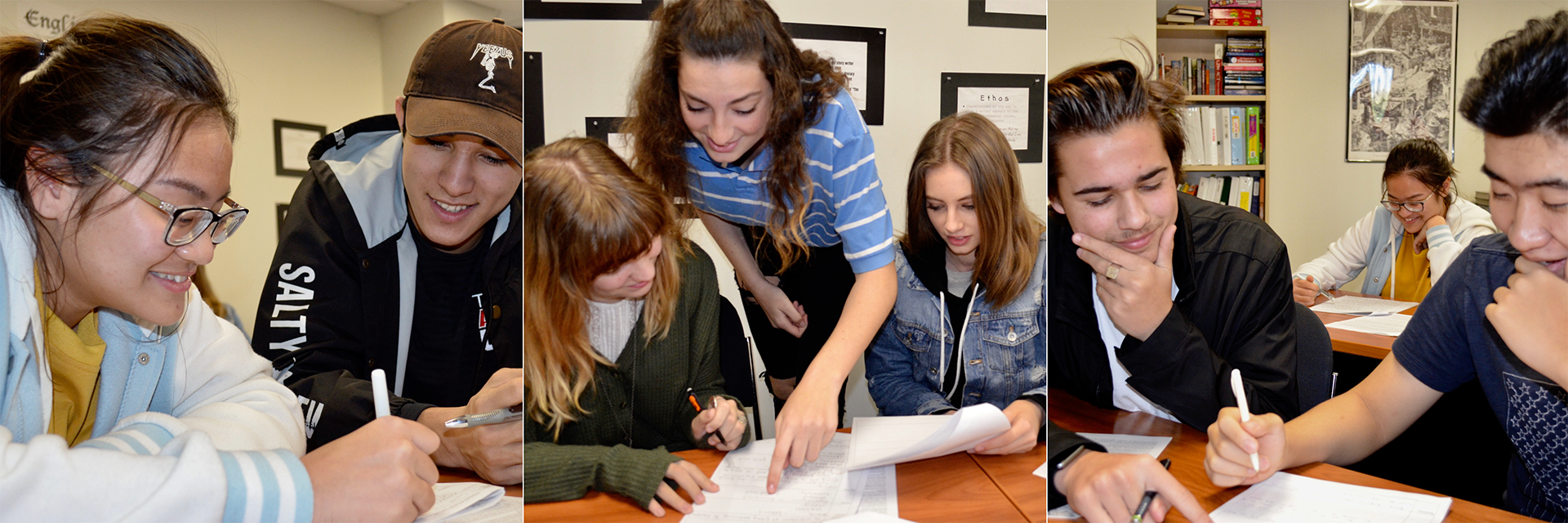
AP Government & Politics
Download Course Description (PDF) Off-Campus Permission Form (PDF)
Prerequisites: There are no prerequisite courses for AP U.S. Government and Politics. Students should be able to read a college-level textbook and write grammatically correct, complete sentences.
Overview: AP U.S. Government and Politics provides a college-level, nonpartisan introduction to key political concepts, ideas, institutions, policies, interactions, roles, and behaviors that characterize the constitutional system and political culture of the United States. Students study U.S. foundational documents, Supreme Court decisions, and other texts and visuals to gain an understanding of the relationships and interactions among political institutions, processes, and behavior. They also engage in disciplinary practices that require them to read and interpret data, make comparisons and applications, and develop evidence-based arguments. In addition, they complete a political science research or applied civics project.
Course Content:
The AP U.S. Government and Politics course is organized around five units, which focus on major topics in U.S. government and politics. The units are:
Foundations of American Democracy
Interaction Among Branches of Government
Civil Liberties and Civil Rights
American Political Ideologies and Beliefs; and
Political Participation
Foundational documents and Supreme Court cases are an integral part of the course and necessary for students to understand the philosophical underpinnings, significant legal precedents, and political values of the U.S. political system and may serve as the focus of AP Exam questions.
The Project Requirement: The required project adds a civic component to the course, engaging students in exploring how they can affect, and are affected by, government and politics throughout their lives. The project might have students collect data on a teacher-approved political science topic, participate in a community service activity, or observe and report on the policymaking process of a governing body. Students should plan a presentation that relates their experiences or findings to what they are learning in the course.
Primary Text:
Callahan, Brigid Harrison, Jean Wahl Harris, and Michelle D. Deardorff. American Democracy Now. McGraw-Hill.

